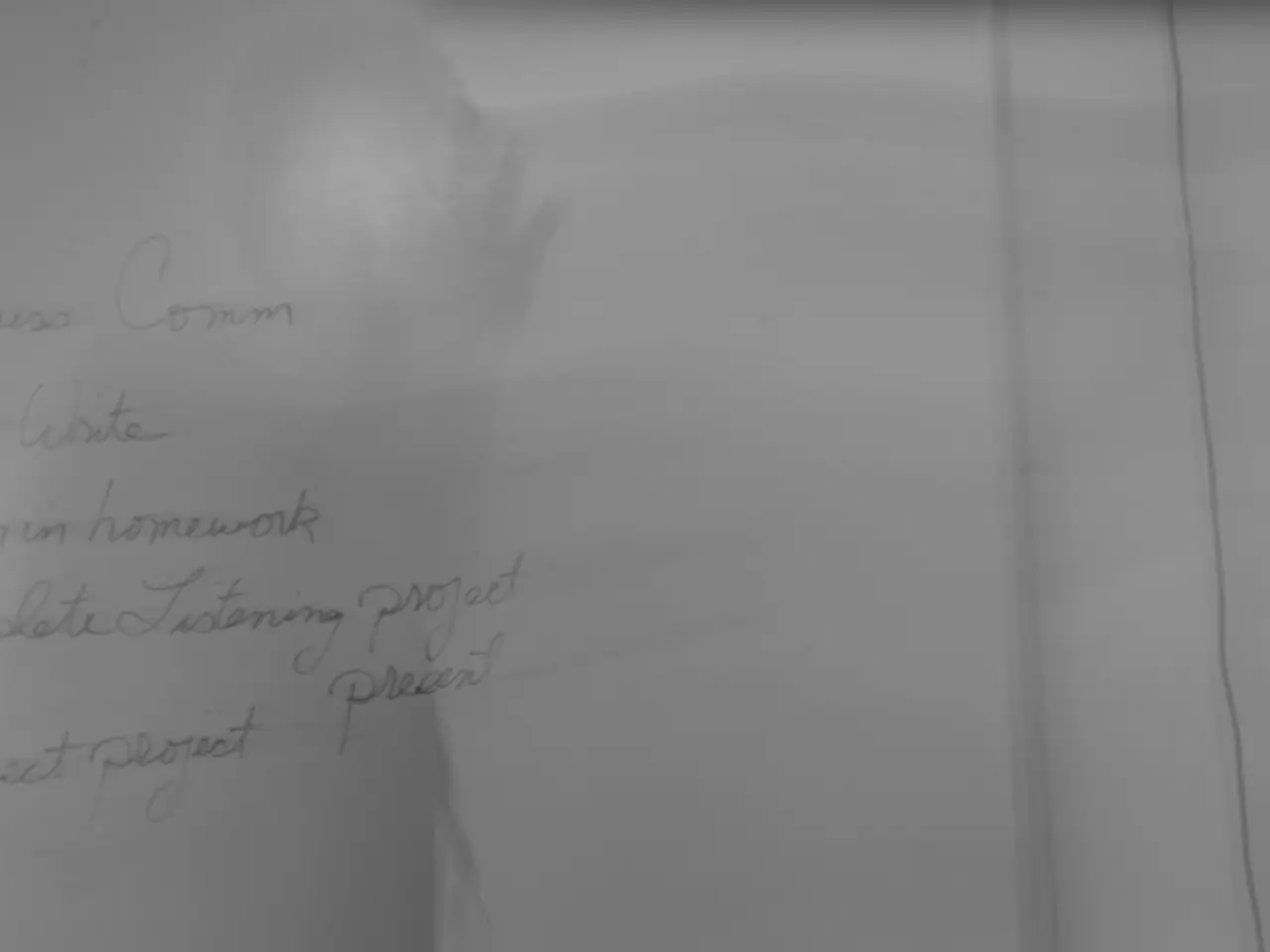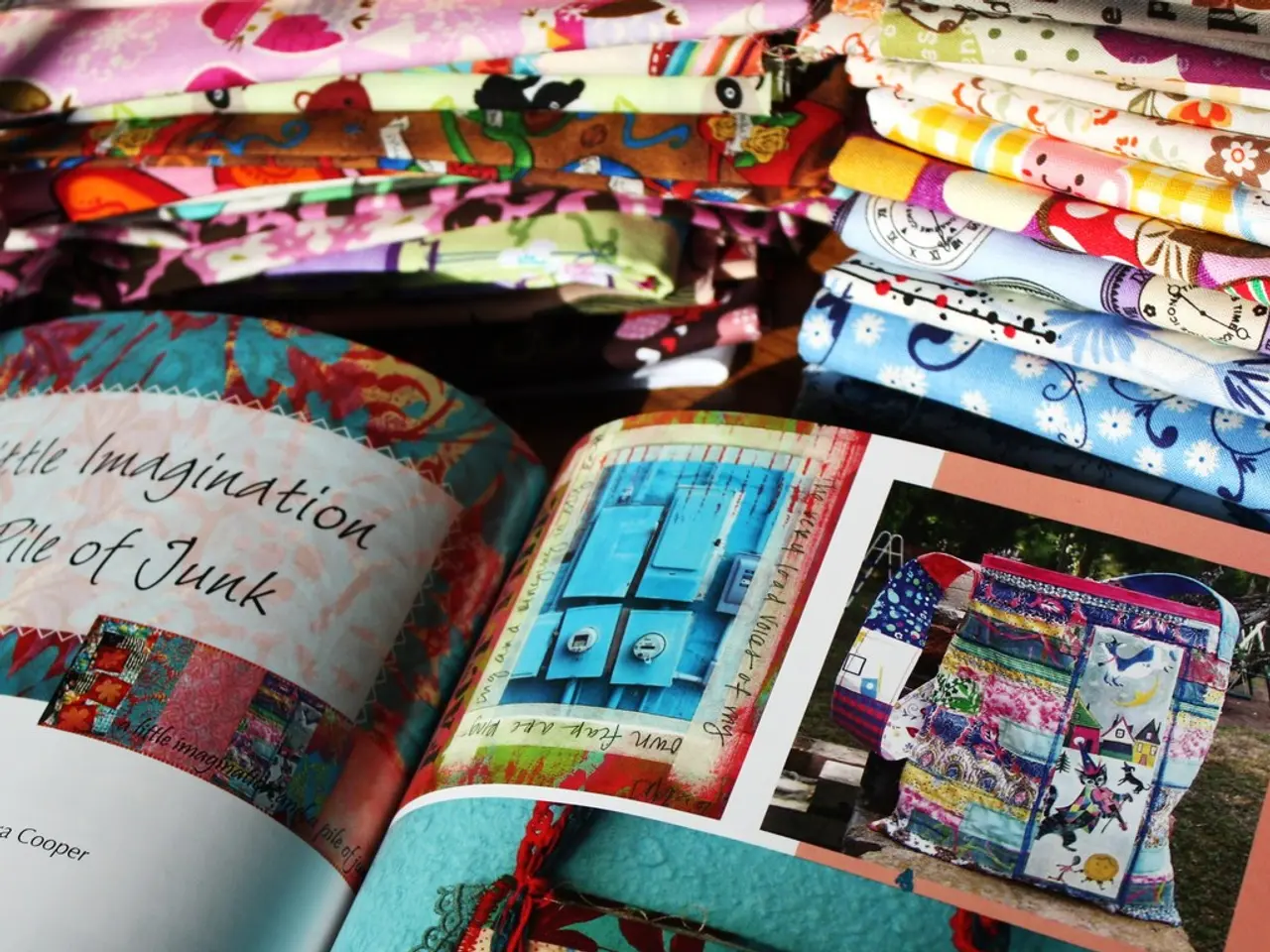The Question of Cooperation vs Aggression: How Will You Present Yourself?
The age we live in is eerily reminiscent of the schoolyard bully era. Where's Taylor Swift when we need her to shake things up?
These days, it seems like politicians are more inclined to make threats, and CEOs prefer to wield power through intimidation. Fear permeates the news, and even social media can't escape the gloom. But could this era of bullies, in fact, be teaching us something?
Historically, bullies may have their moment in the spotlight, but history tells us they often fall. But for this to happen, something else must occur: collaboration.
Collaboration seldom makes headlines, but it always shapes history. Collaboration, as taught in those leadership courses, is not a sticking-out-like-a-sore-thumb phenomenon; it's the 'thing' that quietly shifts the course of history.
So, let's think about this: How will you show up?
We all have a choice. We can choose to rule by force or lead through cooperation. We can be selfish or selfless. The former may be fleeting, but the latter lasts.
Let's take a trip to the history books to find some powerful examples.
Gandhi
In 1930, during the Salt March, Mahatma Gandhi didn't engage in a fistfight against British colonial rule. Instead, he tossed salt into the cracks of an empire, signifying the inconsequentiality of driveling laws. Britain had weapons, jails, liquor, and piles of money. Yet, they lacked the resilience of collective spirit that Gandhi rallied.
When Gandhi and over 60,000 supporters were arrested, their arrests galvanized international support for Indian independence.
Gandhi's strategy of collaborative unity, rather than aggression, dismantled British dominance. In 1930, Gandhi was named Time Magazine's 'Man of the Year,' lending him a powerful voice in the global arena. His notoriety helped pressure the British government to reconsider its policies in India, ultimately leading to India's independence in 1947.
Mandela
Nelson Mandela's leadership against the bullies of South Africa's apartheid regime is another striking example of the power of collaboration. Mandela's collaborative spirit united disparate communities, rallying people through principles of equality and human dignity. Even after being imprisoned for 27 years, Mandela's collaborative vision transformed South Africa.
Wałęsa
In the early 1980s, Poland's Solidarity Movement emerged, with ordinary workers like Lech Wałęsa, an electrician from Gdańsk shipyards, leading the charge against oppressive Soviet-backed authorities. Through small moments of collaboration, the Solidarity Movement grew into a sizeable force, eventually dismantling the regime and paving the way for a transition to democracy.
King
In the United States, Martin Luther King Jr. led the Civil Rights Movement, challenging segregationists who employed violence, threats, and institutional racism. King's leadership united millions across America, and his peaceful protests and marches resulted in groundbreaking victories, such as the passage of the Civil Rights Act of 1964 and the Voting Rights Act of 1965.
These leaders—Gandhi, Mandela, Wałęsa, and King—have shown us that collaboration can be a potent weapon against bullies and oppressive regimes. In our current tumultuous times, the question arises: how will you show up?
By being a bully or by demonstrating collaboration?
- In the current climate, reminiscent of the schoolyard bully era, collaboration could be the key to shifting the course of events, for it often shapes history without being headlined.
- Just as Gandhi's strategy of collaborative unity dismantled British dominance, so too could a collaborative approach by today's leaders perhaps alter the narratives frequently highlighted in the headlines.
- Throughout history, leaders like Mandela, Wałeśa, and King have demonstrated that collaboration can be a powerful weapon against oppressive regimes, suggesting that this era of bullies might teach us the importance of collaboration instead of force.




